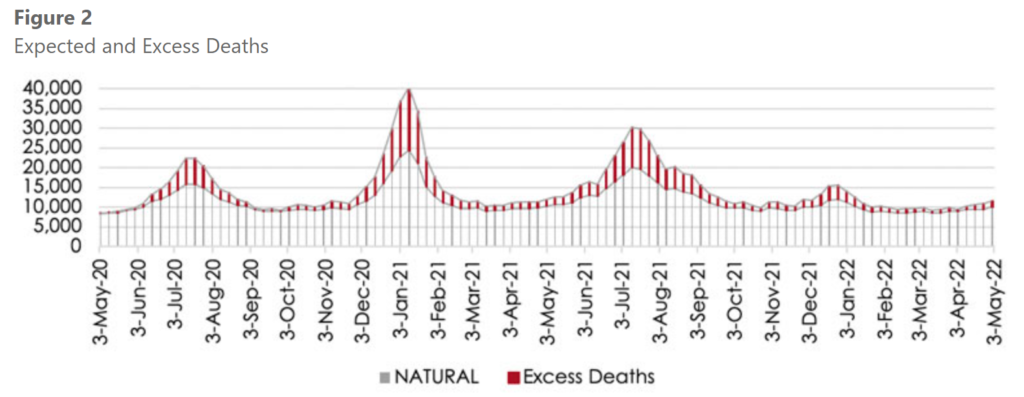Excerpt:
Attention #actuaries: with voting underway for the #ifoa Council elections, I share in this short video some thoughts and concerns about the Institute and Faculty of Actuaries. I touch on current problems, what I learned from my time with the Continuous Mortality Investigation and the COVID-19 Actuaries Response Group, and I stumble into the elephant in the room – the recent media coverage of the IFoA (with implications of procedural subterfuge).
Whoever you decide to vote for, please do take the time to engage with the election process, consider what each candidate can contribute to move the profession forwards, and whether you want an active council or a passive council: make your vote count for the sake of your profession.
Author(s): Matthew Edwards
Publication Date: 26 July 2023
Publication Site: LinkedIn
